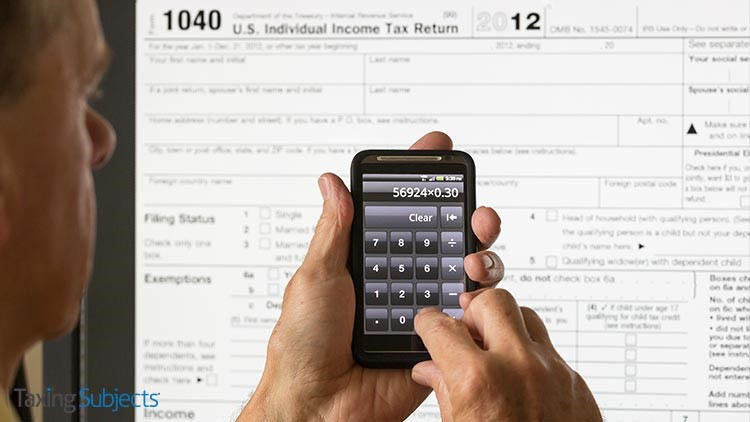Tax Exempt Organizations Now Required to File Electronically

The Internal Revenue Service is reminding tax-exempt organizations that recent changes in the law now require them to file information returns and other forms electronically. The new law, the Taxpayer First Act, was enacted July 1 and affects tax-exempt organizations for tax years beginning after July 1, 2019.
What is Covered?
The mandate for electronic filing now covers these IRS forms:
- Form 990, Return of Organization Exempt from Income Tax.
- Form 990-PF, Return of Private Foundation or Section 4947(a)(1) Trust Treated as Private Foundation.
- Form 8872, Political Organization Report of Contributions and Expenditures.
- Form 1065, U.S. Return of Partnership Income (if filed by a Section 501(d) apostolic organization).
If an organization previously filed a paper version of one of the affected forms, they will get a letter from the IRS informing them of the change.
Filing deadlines vary by form type. The required filing of form 990-EZ will be postponed for one year, although optional e-filing will continue to be available. Although Forms 990-T and 4720 will come under the e-filing requirement next year, the IRS will continue to accept these forms on paper, pending conversion to the electronic format.
Political Reporting Goes Electronic
The IRS will no longer accept paper Forms 8872 that report on periods after 2019. Forms 8872 reporting information for periods starting on or after January 2020, will be due electronically by Section 527 organizations. These include political parties, political action committees, and campaign committees of candidates for federal, state, or local office.
Most tax-exempt political organizations have a requirement to file semiannual, quarterly, or monthly reports, using Form 8872. To file the form electronically, the organization must have the username and password it received from the IRS after electronically filing its initial notice (Form 8871).
Form 990 and Form 990-PF
For charities and other exempt organizations that generally file Form 990 or 990-PF by the 15th day of the fifth month after the tax year-end, most e-filings won’t be due before Dec. 15, 2020 under the terms of the new legislation.
In other words, Forms 990 and 990-PF with tax years ending July 31, 2020, and later must be filed electronically. Form 990 and 990-PF filings for tax years ending on or before June 30, 2020, may still be on paper.
In the case of a short tax year or certain other circumstances detailed in the 990 or 990-PF Instructions, the IRS will continue to accept paper filing as its systems are currently unable to receive these forms electronically. More information on software providers is available at IRS.gov.
Transition Relief for Form 990-EZ
The new tax law allows a postponement—also termed “transitional relief”—for small exempt organizations. For tax years ending on or before July 31, 2020, the IRS will accept either paper or e-filed Forms 990-EZ, Short Form Return of Organization Exempt from Income Tax. The 990-EZ, however, must be filed electronically for tax years ending Aug. 31, 2020, and later.
Paper Forms 990-T and 4720
In 2020, the IRS will continue to accept paper forms that are pending conversion into an electronic format. These include Form 990-T, Exempt Organization Business Income Tax Return, and Form 4720, Return of Certain Excise Taxes Under Chapters 41 and 42 of the Internal Revenue Code. The IRS plans to have these returns ready for e-filing in 2021 (reporting on tax year 2020).
The Taxpayer First Act aims to expand and strengthen taxpayer rights while reforming the IRS into a more taxpayer-friendly agency. The legislation requires the IRS to develop a comprehensive customer service strategy, modernize its technology and enhance cyber security.
For more information on the Taxpayer First Act, check out the legislation’s webpage on IRS.gov.



